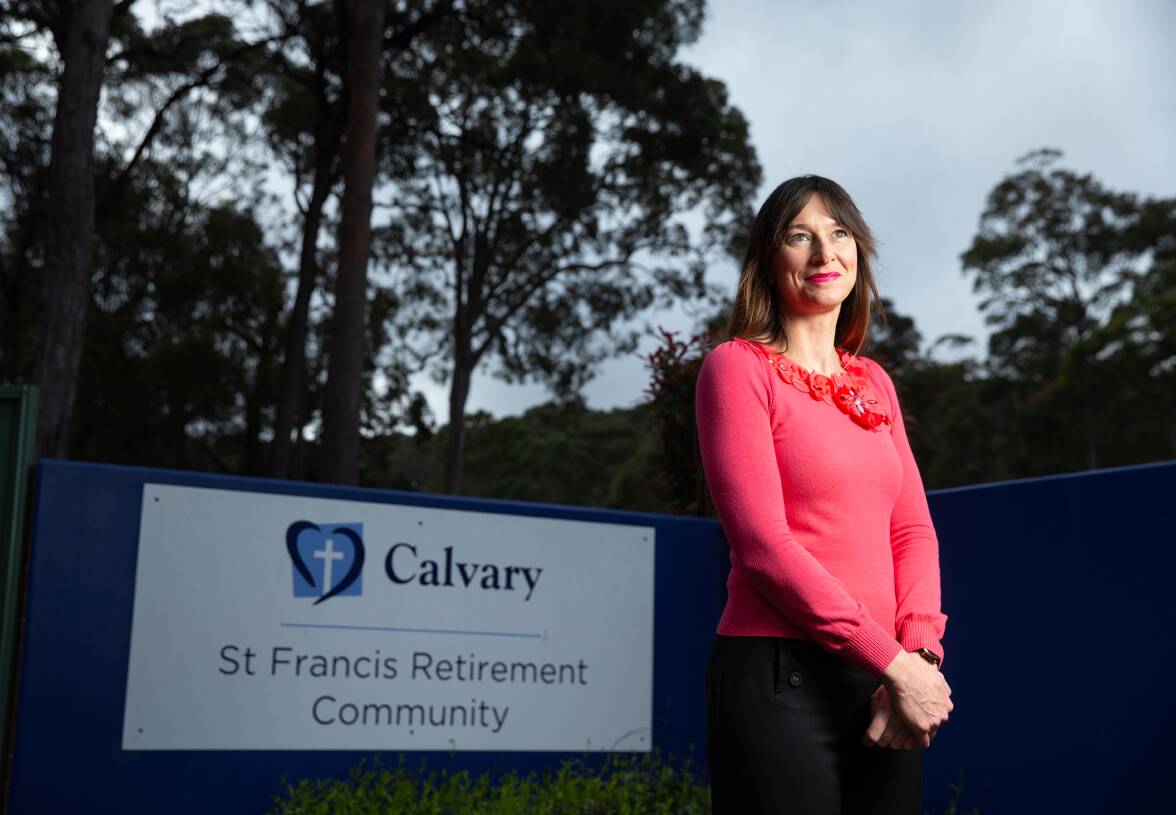
A PROGRAM to reduce rates of depression in aged care facilities is one of three university projects sharing in more than $2 million of government funding.
Spearheaded by senior lecturer in clinical psychology at the University of Newcastle, Dr Michelle Kelly, the program is focused on easing the transition into residential aged care facilities.
"A lot of loss is involved in the move to residential aged care," Dr Kelly said.
"Sometimes they have had a loss such as the loss of a partner.
"Talking to older people within residential aged care, for a lot of them it's a huge transition from what they know as everyday life.
"Through all other major transitions in life, we help people with that transition."
Dr Kelly and her team received $200,000 of funding from the federal government through the Medical Research Future Fund. The money, Dr Kelly said, will go toward upskilling existing aged care staff as well as training psychology and occupational therapy students at the university.
"It requires a lot of collaboration and input from various sources to get the program together and it would have been impossible to do without this funding."
The program, initially to be run as a trial in a Calvary aged care facility with hopes of national expansion, combines three elements which are "known to work independently".
The Program to Enhance Adjustment to Residential Living (PEARL) is resident-focused and helps them to "acclimatise to changes and be aware of how to look after their mental health".
Strategies for Relatives (START) supports family and carers of the older person moving into aged care and looks to deal with associated guilt while allowing them to better support the resident.
The third element is upskilling aged care staff, specifically to be able to address mental health concerns in older people.
The 2021 Royal Commission into aged care identified a need for action on mental health in aged care facilities, particularly depression.
"Furthermore, many staff members working in aged care are not sufficiently skilled or trained to identify and support people living with mental health conditions," the report summary said.
Dr Kelly said her program is designed to "ensure it puts the least pressure possible on an already struggling system" while looking at the critical needs of residents.
"We did a bit of looking at the data around people who had been referred to psychology services through Hunter Primary Care," she said.
"Most of the referrals we received were in the first six months of going into residential aged care and they were of depression and adjustment issues.
"Our program aims at being able to help older people adjust to that loss and make the most of those years living in aged care."
Two other University of Newcastle research projects shared in the funding. Professor Luke Wolfenden's research into a healthy eating text-message service for parents to swap out less nutritious snacks in their children's' lunchboxes received a $997,000 grant over three years.
Research by Associate Professors Sverdlov and Doan Ngo into better diagnostic and risk stratification tools for cardiotoxicity will get $999,998 over three years.
WHAT DO YOU THINK? We've made it a whole lot easier for you to have your say. Our new comment platform requires only one log-in to access articles and to join the discussion on the Newcastle Herald website. Find out how to register so you can enjoy civil, friendly and engaging discussions. Sign up for a subscription here.







